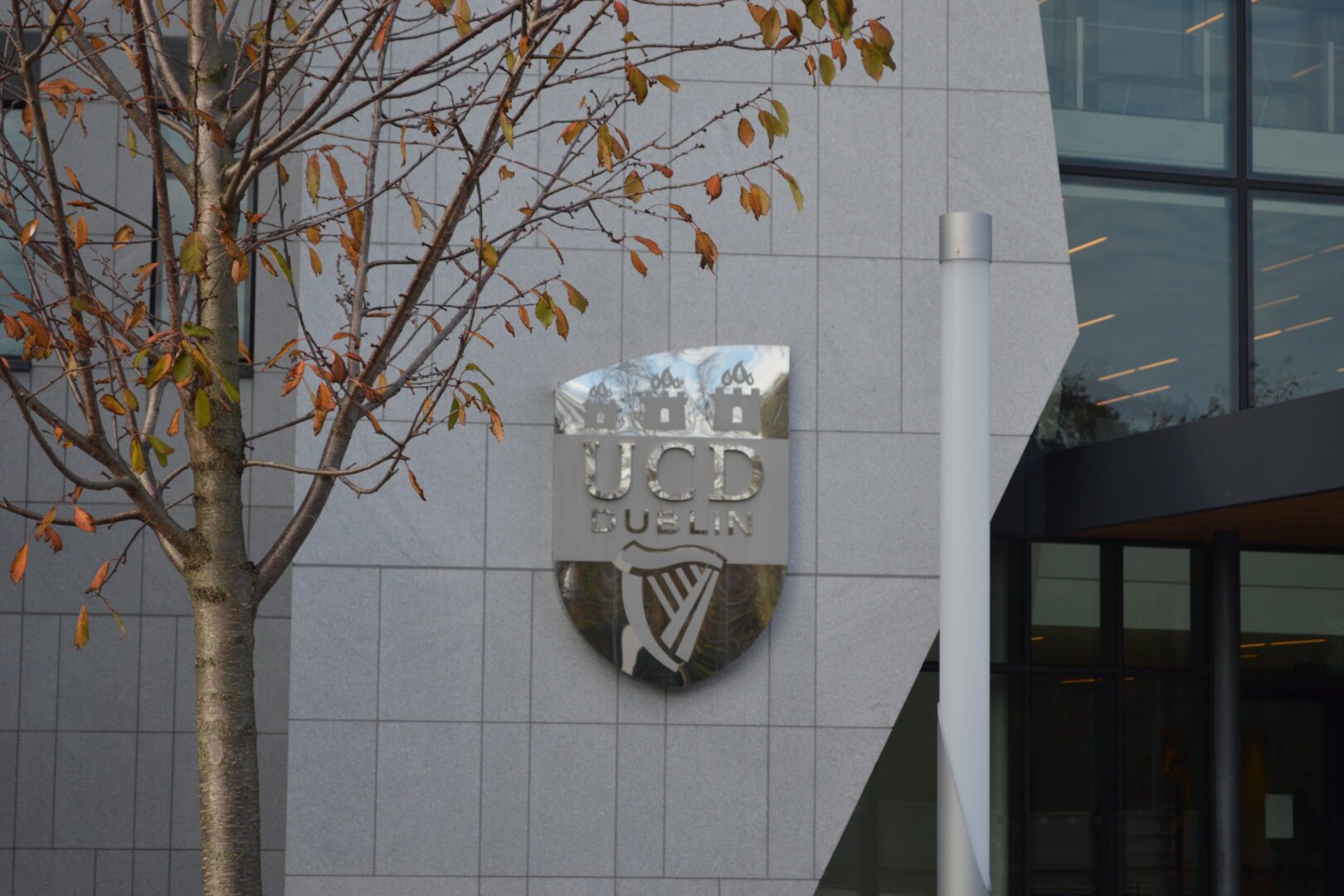Many people will be familiar with the Green Flag programme from school. However, for those who aren’t: it is a student-led initiative with its main purpose of spreading environmental awareness and encouraging good practices among the student body. It aims to weave environmental concern into the daily routine of life in educational bodies and to create an air of conscientiousness among students. The Green Campus committee met for the first time in early December to begin their efforts in attaining the Green Flag for UCD. To obtain the Green Flag, third-level institutions must prove they have implemented the seven steps: forming a committee, carrying out an environmental review, formulating an action plan, monitoring the progress of the plan, linking the scheme to learning on campus, informing the wider university community and finally, drawing up a Green Charter. In addition, there are six themes relevant to the programme: litter & waste, energy, water conservation & protection, transport & travel, biodiversity and green ICT (information and communication technology).
Our generation, more than any before it, possesses a knowledge of the science behind climate change and environmental degradation. We better understand the effect modern society is having on our worlds ecosystem such as how human development is systematically exploiting the Earth’s natural resources without giving enough back. We now also know that our generation is the last to have a real chance at preventing a mounting problem from becoming an irreversible, global crisis. Many young people are painfully aware of this, and when we see the failure of older generations to implement effective change, the thought of what’s to come can be overwhelming. How can we succeed where so many others have failed? The simple answer is that we must.
We must alter our habits and make our lifestyles more harmonious with the world around us. We must begin to take accountability for our own actions, rather than eternally shifting the blame elsewhere. We must create a sense of mindfulness among our peers so that environmental concern permeates every decision we make going forward. We must do all of this, because we are the last people who have a chance to do so. These kinds of shifts in public thought do not happen overnight – it will take years to align human activity in harmony with the rhythm of our home planet, but the revolution has already begun. This is evident by our generations knowledge on environmental issues. The educational foundations have already been laid, it is now up to us to build upon them by implementing good environmental practices within our communities.
The problem with climate change, as with any problem, is that it seems insurmountable when viewed in its totality. That’s why I encourage anyone with a desire to help to focus on places in their own life where they can improve on existing practices. In your home, workplace, sports club or here in UCD, if everyone was to focus on what can be done within their own sphere, the issue would seem far less daunting and some real progress may come about. Universities have always been drivers of innovation. Still, it only takes a glance to see that UCD’s practices aren’t up to scratch: accessible recycling on campus is non-existent, yet the waste produced by Ireland’s largest university is enormous. Educated, young minds, tired of outdated systems put in place years before their time, are a potent force for opening dialogue and stirring change. There’s no reason why this issue should be any different.
The Green Campus programme in UCD is still in its infancy and we are looking for students to get involved. We will be meeting again in late January or early February. If you are interested, or have any suggestions, please email greencampus@ucd.ie.
Matthew Mollahan – Environmental Writer

